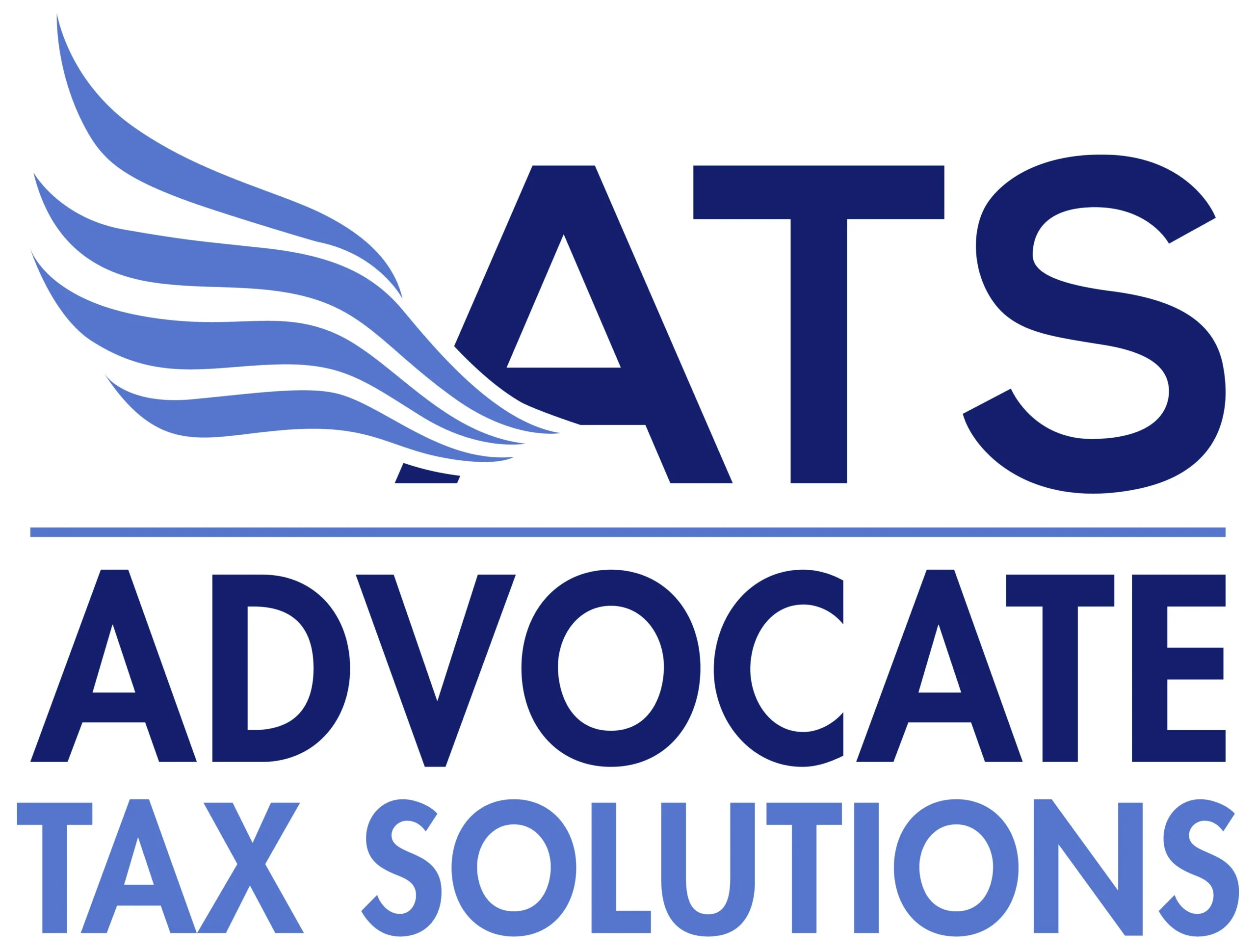Wage Garnishment and Bank Levy Releases
There is one thing in life that is guaranteed, and that is death and taxes.
The IRS and states use two tools to collect on unpaid taxes. These two collection tools are wage garnishment and bank levies. Once a wage garnishment or bank levy gets enforced, the taxing authorities take a portion of the taxpayer’s paycheck or seize the bank account. How do you release a wage garnishment or a bank levy when the IRS garnishing wages?
What Is A Wage Garnishment And A Bank Levy?
A wage garnishment and bank levy is a legal collection instrument the IRS and state taxing authorities enforce on taxpayers to take a portion of their income. They will collect on earnings or seize money directly from bank accounts to pay the taxes owed until paid in full.
Garnishments take a percentage of taxpayers’ paychecks. The amount seized is based on the taxpayer filing status and number of dependents claimed. The intent is to collect on the debt owed while allowing them to afford to pay their bills.
Garnishments seize as much as twenty-five percent of a taxpayer’s income, leaving only enough for essential expenses.
IRS and state bank levies place a 10 to 14-day collections hold on bank accounts. After the holding period has expired, the levied bank account will release all the monies up to the amount owed to the taxing authority that issued the levy.

How Can I Get Out Of A Garnishment or Bank Levy
An IRS or state taxing authority that enforces a wage garnishment leaves taxpayers with generally twenty-five percent less of a paycheck. Which in most circumstances creates a financial hardship.
What is a hardship program, and how does it work? Are there other ways to release a garnishment or bank levy besides paying the entire balance? If taxpayers do not have the financial means, a hardship program can stop wage garnishments and bank levies. They must demonstrate financial hardship by providing financials. If the IRS statute of limitations expires, they can no longer collect on the debt. Submitting an Offer in Compromise automatically stops garnishments or bank levies.
